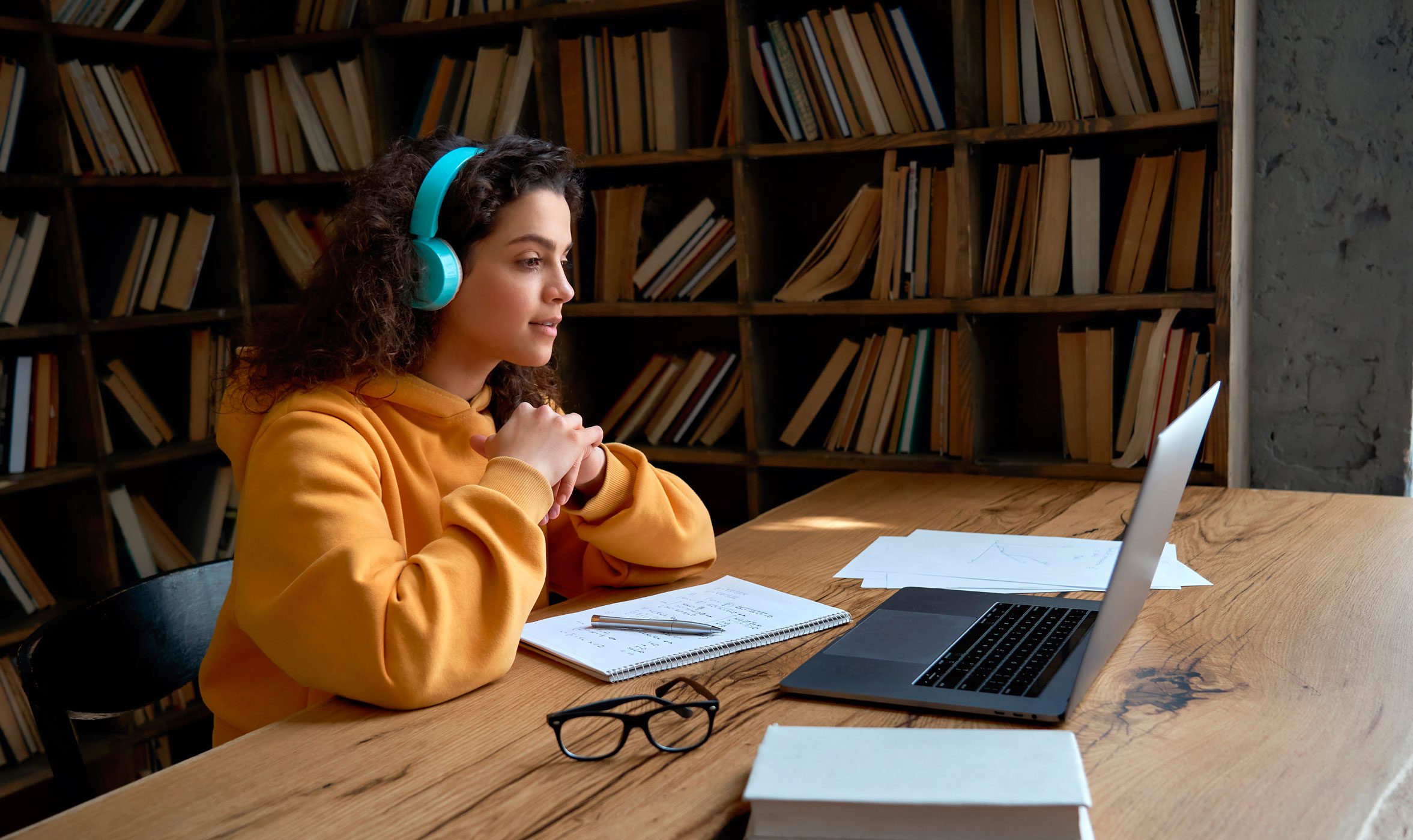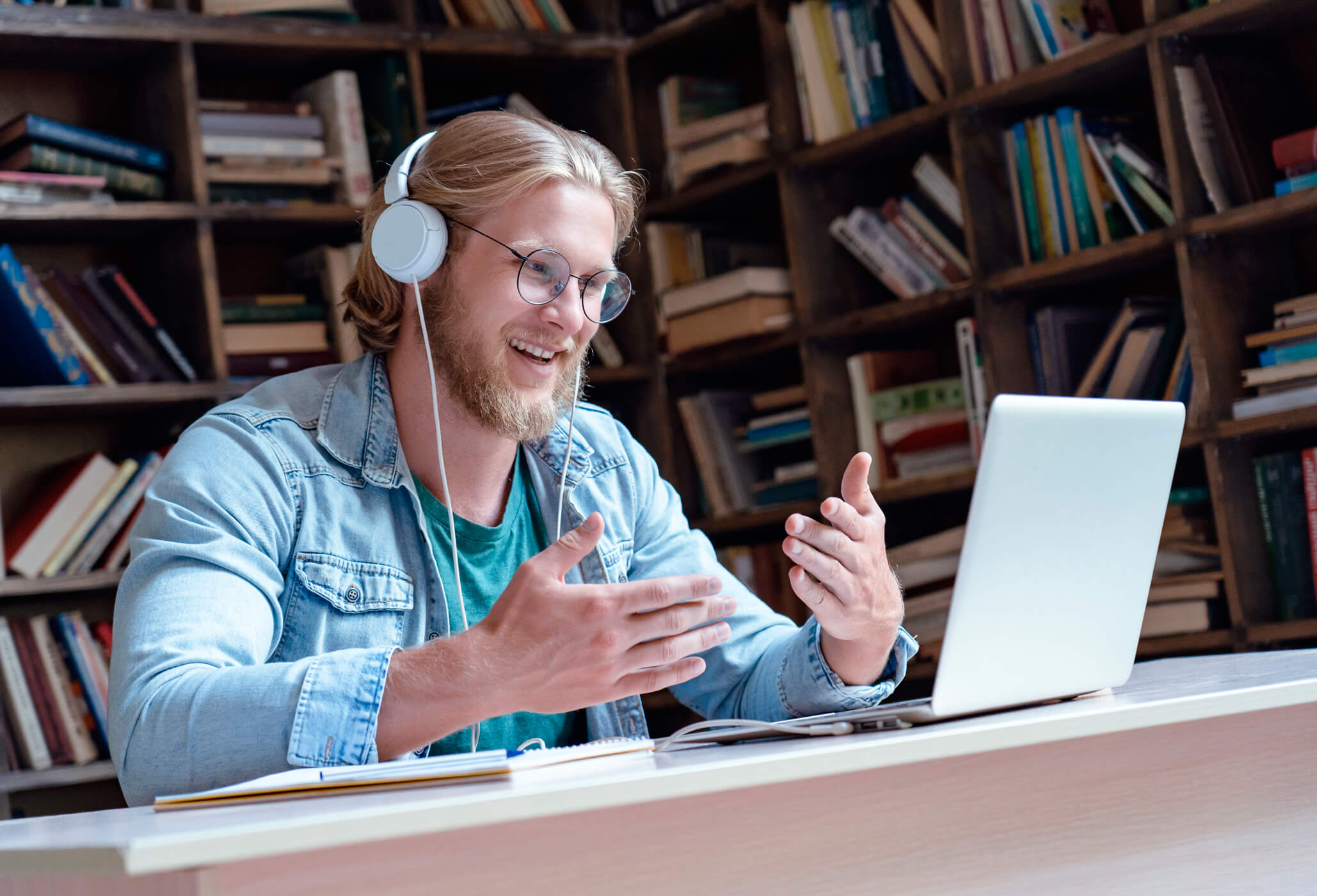You open your notes, read the first line, go onto the next, you get to the end of the page…and go back to the first paragraph without having understood anything. When you realise that an hour has passed and your brain has been unable to absorb the information you need to focus on the exam. Maybe you are doing everything under the right conditions: an appropriate study routine, a peaceful place to study, a good reading list…so what is missing? No, you aren’t going madder each day, get rid of that idea because most probably, it is simply, that your habits aren’t the healthiest for a person needing to study.
It is always important that we look after ourselves: doing sport, sleeping well and being vigilant of our nutrition are pillars on which to maintain our health irrespective of age and the shape we are in, but it is true that there are some specific recommendations for people who are studying. Let’s look at them.
An adequate diet
Did you know that there are certain foods that can help you to study? According to doctor Gurutz Linazasoro, spokesperson for the Neurological Society of Spain, there is a real connection between some nutrients and cognitive function, such as phosphorus, potassium, omega-3 acids or trytophan. With that in mind, foodstuffs rich in these nutrients are recommended for those in need of extra concentration.
- Dry fruit: such a classic when needed to boost performance. Who has not heard someone say that nuts are good for the brain? (and yes, they are, although they are better for the heart). Dry fruits are rich in fibre, healthy fats, protein, vitamin E and zinc.
- Avocado: this delicious fruit contains healthy fatty acids, potassium and iron, that improves brain health. Similarly, it also contains vitamin B12 and B6, that combats memory loss.
- Oily fish: is very rich in omega-3, a fatty acid that prevents mental decline. So remember from now on that salmon, tuna and mackerel are your new best friends.
- Green, red and orange vegetables: red vegetables prevent problems with memory, green ones contain betacarotene and vitamin C and orange ones delay premature ageing. Consumption on a regular basis will keep you in shape and ready for any challenge.
- Citrus fruits: improve mental performance and brain function in general. So now you know….say hello to lemons, oranges, mandarins and grapefruits!
- Eggs: especially the yolk. They contain nutrients such as vitamin B12 and selenium, which improves memory and attention span.
Are you sleeping enough?
It’s no use to eat well if we forget to rest. While you close your eyes and dream of degrees and As, your brain gets to work and gets ready for a difficult task. According to Dr Eduard Estivill, author of the book Restless Sleep, it remains very active and goes through different cycles repeatedly up to four or five times a night. During this time our neurons go through a ‘clean cycle’ leaving them impeccable and free from harmful cellular detritus (expelling, among others, proteins related to Alzheimer’s).
In order for this cleaning process to be effective and leave you feeling more relaxed and productive, it is recommended that you have a checklist. The University of Deusto advises:
- Establish a routine: and stick to it!
- Turn off digital appliances: artificial light tricks the brain and makes it think that it is day time.
- Use the bed only for sleeping: if you use it for activities like working or studying your sleep will suffer.
- Drink something warm: for some people this helps to get them to sleep.
- Journal: writing down on paper what has happened during the day contributes to resolving internal conflicts.
- The right conditions: your room must be at an agreeable temperature humidity free and with soft lighting.
- Siestas; For or against? If it is difficult for you to get to sleep, better avoid them.
Take care of your mental health
Especially as a result of the pandemic, many people have seen their performance affected by problems such as anxiety or stress. In fact, last year mental health was the biggest concern for 72 % of students in Spain, according to one study by The State Confederation of Student Unions (CANAE). The professor attached to Psychology at the University of Georgetown, Jelena Kecmanovic, makes the following recommendations:
- Develop a routine: by establishing a schedule the feeling of uncertainty is minimised and, consequently, helps to combat anxiety.
- Have a place to work: your little study temple, well separated from the places you relax and have fun in.
- Take time for yourself: exercising or meditating can be positive activities to improve mental health.
- Get out and have some fresh air: walking, especially in nature, reduces stress, anxiety and depression.
- Don’t hide from your fears: conversely, accept them and in time this acceptance will help you to overcome them.
- If you need to, get professional help.
Do sport
According to one study carried out by OMS, physical activity improves academic performance because: “it is beneficial for the development of cognitive abilities, motor and social skills”. So now that you know …. sneakers on and off for a run! If you are one of those who needs a crane to get you off the sofa, don’t worry, we have some pieces of advice so it is more straightforward to get used to doing exercise.
- Start off little by little: if the first day you go all out you will have unbelievable DOMS (delayed onset muscle soreness) and you won’t want to go back for more. At the start go slowly. As an example three days a week and increase it from there.
- Do something that you like: if you choose an activity that does not motivate you, it will be difficult to keep up the habit long term.
- Change up your routine every so often: otherwise, you run the risk of becoming bored and will end up giving it up.
- Be patient: it’s obvious that in two days you won’t acheive the famous six pack.
- At first it won’t be easy: getting used to doing exercise after years of being sedentary is not an easy task, but don’t be tempted to give up, your body will thank you for it ….including your brain!
On behalf of Wordiix we hope this article will be useful for improving habits and this will reflect in your academic performance. Remember that on our platform you can find the teacher who adapts to your needs and helps you achieve your goals. We want to grow with you!


